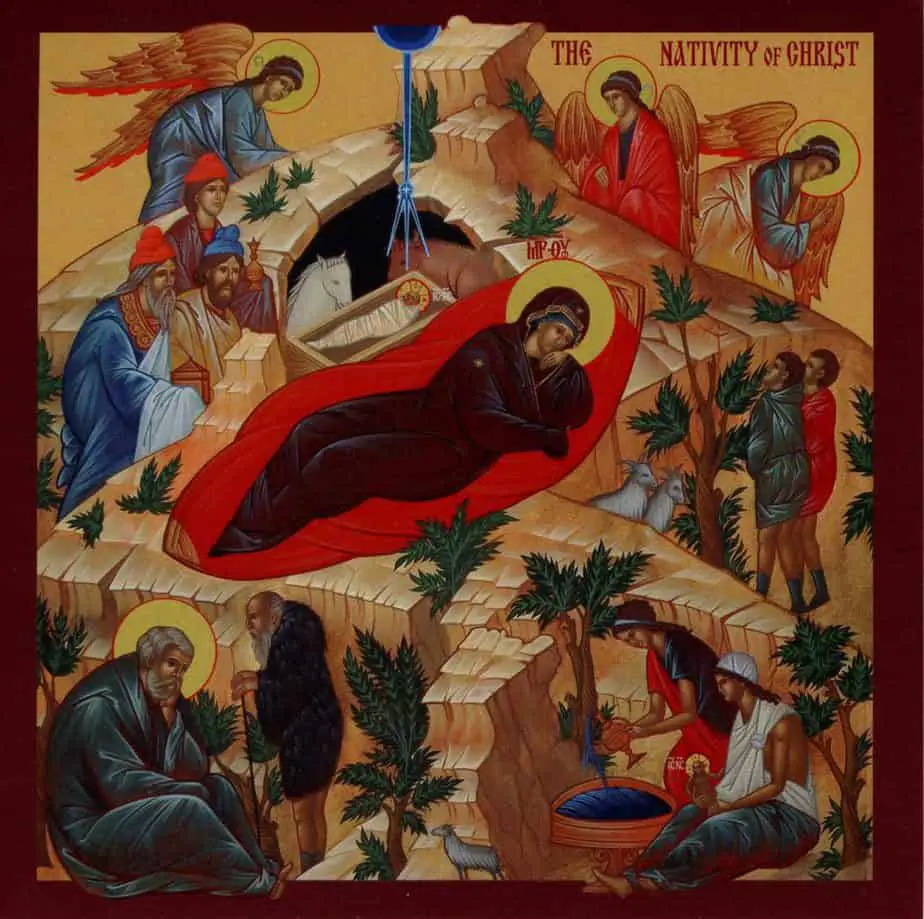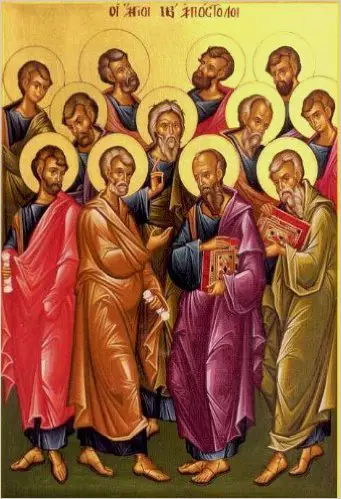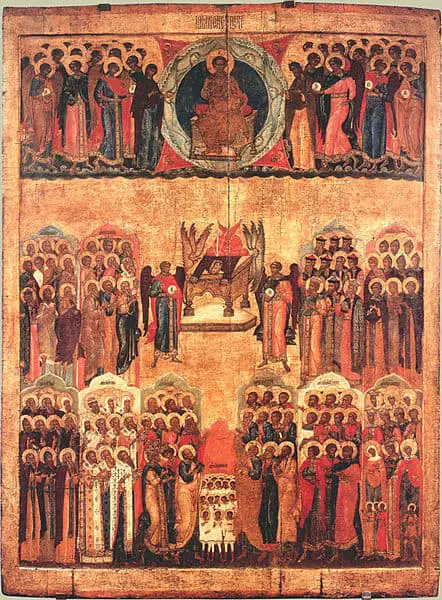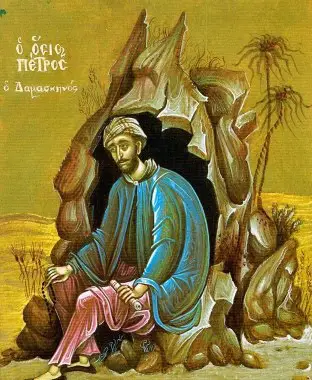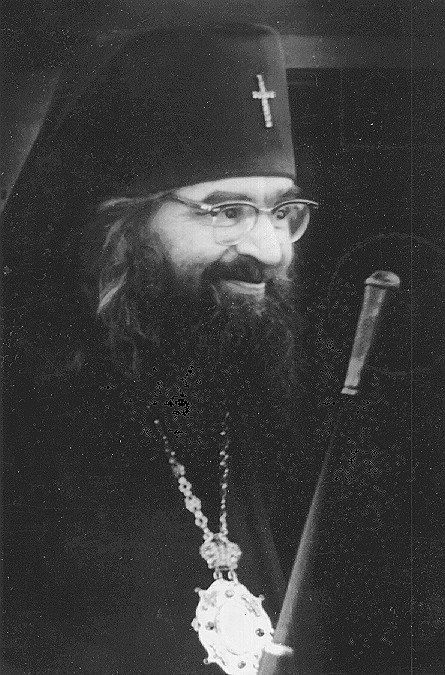St. John of Kronstadt: . . . we ought to meditate upon higher things, and count all earthly things but dung . . .
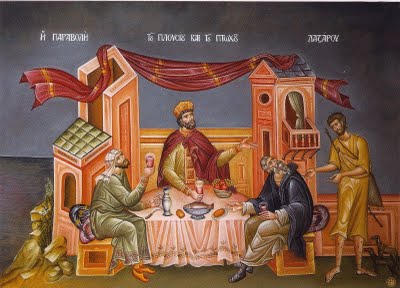
If God had not been incarnate upon earth, if He had not made us godly, if He had not taught us in His Own person how to live, what to hope for and expect, if He had not pointed out to us another perfect and eternal life, if He had not suffered and died and risen from the dead—then we should still have had some reason to live, as we all now live—that is to mostly lead a carnal, earthly life.
But, now, we ought to meditate upon higher things, and count all earthly things but dung, for, everything earthly is nothing, in comparison with heavenly things.
Meanwhile, the Devil, the father of lies, in spite of the Savior’s teaching and His spirit, teaches us to attach ourselves to earthly goods, and forcibly nails our sensual heart to them.
The heart naturally seeks happiness—and the Devil gives a false direction to this tendency, and allures it by earthly happiness, that is—by riches, honors, splendor of dress, furniture, silver, equipages, gardens and various amusements.
+ St. John of Kronstadt, My Life in Christ [paperback] or [hardback]
You don’t need a Kindle device to read the Kindle version of this book, which is available a very reduced cost. Try Amazon’s FREE Kindle Cloud Reader app for your computer, phone, or tablet.


